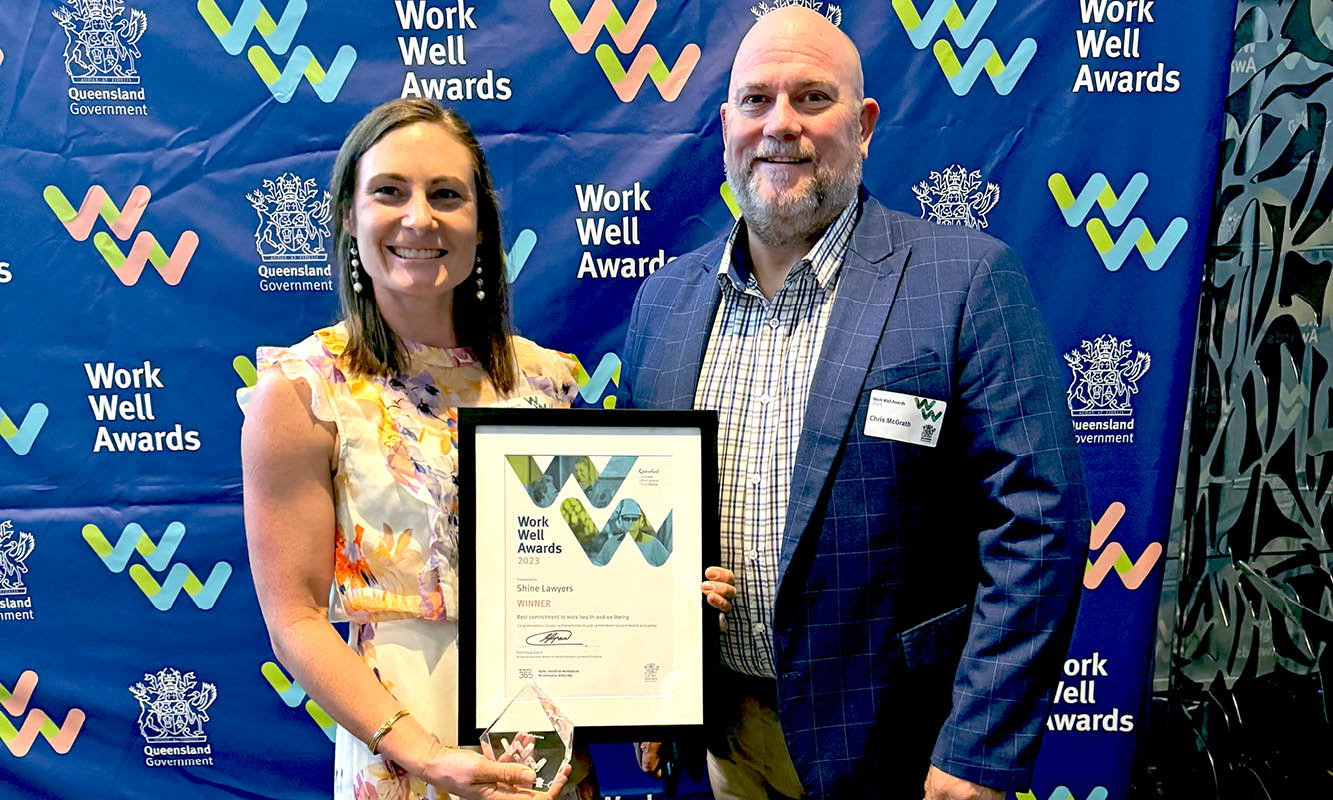Bad is stronger than good – the title of a comprehensive academic paper (2011) on Negativity Bias neatly sums up what it is all about: our tendency not only to notice negative experiences more readily than positive ones, but also to dwell on them for much longer and remember them more easily. This includes a variety of issues such as:
- the bigger impact a negative first impression has over your overall perception of a person than a positive one (learning something bad about a person you have just met carries more weight than learning something good),
- the magnitude of the emotional reaction to losing money versus winning the same amount (the principle of loss aversion – it hurts more to lose $50 than it is to be pleased to win $50), and
- the number of positive interactions required to make up for a negative one (for couples, the ratio seems to be five positive interactions for every one negative).
This “asymmetry” in our perception and interpretation of the world around us can cause us to get stuck in negative thinking patters, potentially affecting our wellbeing, relationships and work. While negativity bias can be understood as an adaptive evolutionary function (for our distant ancestors, being closely attuned to adverse, dangerous elements in the environment, – e.g. predators – was a key survival mechanism), it can be detrimental to our psychological health and wellbeing today.
Below are some techniques to decrease negative bias:
- Check in with yourself. Slow down your thinking, tune into your thoughts and check for common automatic thoughts – distorted, exaggerated and pessimistic ways of interpreting events and interactions in your personal and professional life. Negative internal narrative styles can become a habit and over time undermine our resilience and psychological wellbeing. As they tend to be unconscious, we often don’t realise how they weaken our self-confidence and optimism.
- Put on a different lens. Last week, we talked about reframing negative situations by finding a different way to interpret an event, or to change the meaning we assign to it. To change your frame of mind towards a more positive view, look for “silver linings” in challenging situations, change your perspective by imaging how someone else may interpret the situation, or what you would say to a good friend, both in terms of actual advice as well as the tone of voice you would use. Often, we are ready to show others a lot more compassion than we are ready to give to ourselves.
- Savour the good moments in life. Savouring is all about noticing beauty and joy when they happen to you: directing your conscious attention to the experience of pleasure or enjoyment. Savouring means to fully take in the little moments that can make an event or day special — seeing the smile on your friend’s face when you give them a genuine compliment, feeling the sun warming your face on a cold winter’s day, marvelling at the stunning colours of a sunset. To capture the positive and making sure you can remember it later, focus on the details of the situation and use all your senses to savour what is happening: feel the wind gently stroking your face as you are going for a hike, inhale the mouth-watering aroma of freshly baked bread as you are entering a bakery, focus on the taste of a delicious home-cooked meal you are enjoying with your family, listen to the familiar, soothing tunes of your favourite music as you are relaxing in your favourite armchair after work. The idea is to stop these moments from slipping away unnoticed, but to fully absorb them so they can enrich and elevate your day-to-day experiences – this is particularly difficult in our busy lives. Ironically, one of the positive outcomes of lockdown for many people was the opportunity to slow down and be in the moment. Creating positive memories you can revisit later can also help you through challenging times.
- Develop a gratitude practice. Practising gratitude has been shown to have a significant and lasting positive impact on our wellbeing and subjective happiness. The first step is to train your mind to really notice – and then zoom in on – the many small positive events in your day. What (or who!) puts a smile on your face as you go through your daily tasks and activities? What kind of experiences make you feel energised, inspired or joyful? Make sure you don’t miss the small moments of happiness – they get lost easily as we move through our busy days, always planning for the next thing on the to-do list, or being preoccupied by past events. If you want to feel the positive effects of training your brain to reset its automatic filters and focus more on the good, happy or meaningful experiences, set yourself a little challenge and write down every night a list of three to five things you have been grateful for today.
If you would like to learn more, don’t hesitate to reach out to the QLS Solicitor Support service on ethics@qls.com.au or p. 3842 5843 to speak to someone in a judgement-free and supportive environment. $eleme













Share this article